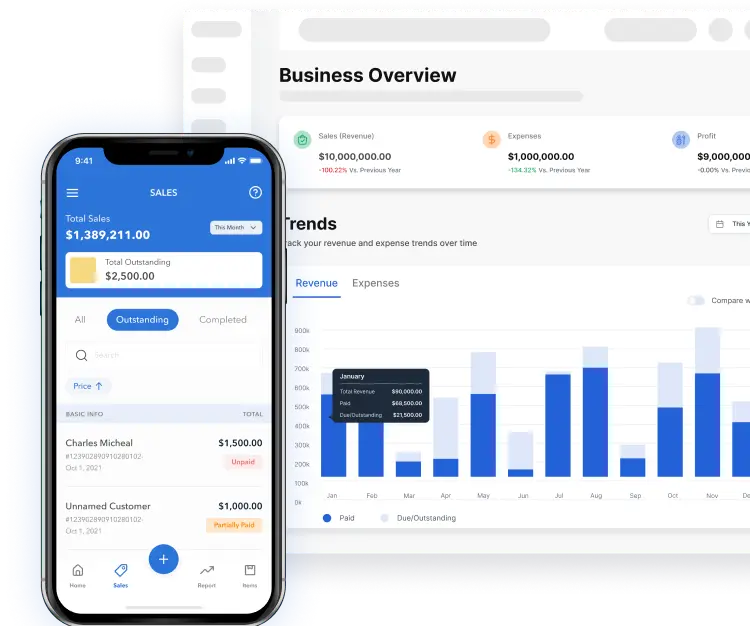What is Accounting Adjustments?
In accounting, adjustments refer to the necessary modifications to financial statements to ensure accuracy and compliance with accounting principles. These adjustments are made at the end of an accounting period, typically at the close of a fiscal year, to reflect the true financial position of a business.
Why is it Important or Used in Accounting?
The primary purpose of accounting adjustments is to align financial statements with the accrual basis of accounting, which recognizes revenue when earned and expenses when incurred rather than when the cash is received or paid. By making these adjustments, businesses can provide a more accurate representation of their financial health and performance.
Advantages of Accounting Adjustments:
- Accurate Financial Reporting: Adjustments help present a more accurate and reliable picture of a company’s financial position. This is crucial for stakeholders, including investors, creditors, and management, who rely on financial statements for decision-making.
- Compliance with Accounting Standards: Many accounting standards and regulations, such as Generally Accepted Accounting Principles (GAAP) or International Financial Reporting Standards (IFRS), require businesses to make adjustments to ensure adherence to specific accounting rules and principles.
- Comparability: Adjusted financial statements enhance the comparability of financial data across different periods, enabling stakeholders to analyze trends and make informed decisions based on consistent and reliable information.
Disadvantages of Accounting Adjustments:
- Complexity: The process of making accounting adjustments can involve a detailed analysis of various accounts and transactions. This complexity may increase the likelihood of errors if not handled carefully.
- Time-Consuming: Adjustments often require significant time and effort, particularly for businesses with intricate financial transactions. This can be a challenge for companies operating in fast-paced environments.
Example of Accounting Adjustments for a Wholesaler or Retailer Business:
Consider a retailer that sells electronic goods. At the end of the fiscal year, the business determines that it has $5,000 in uncollectible accounts receivable. The retailer adjusts to recognize the estimated bad debt expense to adhere to the matching principle and accurately represent its financial position. This involves creating an allowance for doubtful accounts on the balance sheet and recognizing an expense on the income statement.
This adjustment ensures that the financial statements reflect the true economic reality of the business by accounting for potential losses from uncollectible accounts, thus providing a more accurate representation of the company’s financial health.
In summary, accounting adjustments play a vital role in maintaining the integrity of financial statements, ensuring compliance with accounting standards, and facilitating informed decision-making by stakeholders. While they come with complexities and time commitments, the benefits of accuracy and transparency far outweigh the disadvantages.


